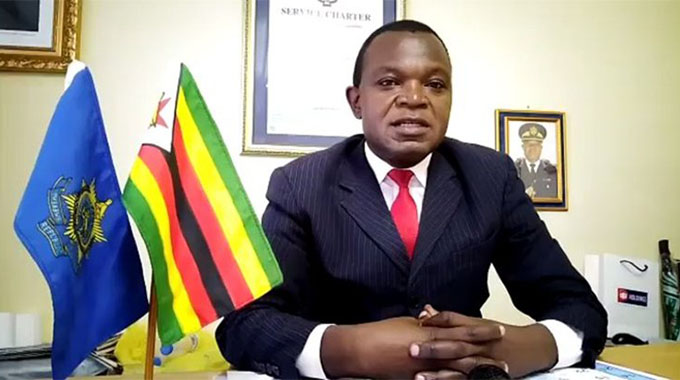Chiefs join fight against child marriages in Manicaland
Herald Reporter
Traditional leaders in Makoni district are working together in fighting child marriage in their communities and eliminating these.
This comes amid concerns about the prevalence of sexual abuse as well as child marriages and school drop-outs due to pregnancies in the district.
Child marriages are illegal in Zimbabwe and Government pledged to eliminate them by 2030 in line with target 5.3 of the Sustainable Development Goals.
In an interview Chief Chipunza, Mr Thomas Makonyora, said some churches have been blamed for perpetrating sexual abuse and early marriages as self-appointed prophets target vulnerable women and girls.
But all traditional leaders in his community will be carrying out vigorous education that all children are equal regardless of sex.
“The best solution is for everyone including traditional leaders, traditionalists, religious leaders or academics to be involved. Let’s combine efforts and collectively fight gender-based violence and reduce cases of child marriages,” he said.
“Giving stiffer sentences to perpetrators of child abuse will help to eliminate these challenges. Give children a chance to go to school and marry when they are old enough under the law,” said Chief Chipunza.
In many rural communities where child marriages are more common, girls are not valued as boys and there are widely perceived as a burden by their families.
This has led to marrying off young girls as a cushion from economic hardship and as a way of transferring the burden to the husband’s family.
In Zimbabwe, the Government is in the process of reviewing many laws to align them to the 2013 Constitution, which include the labour laws and introducing legislation aimed at ending child marriages and forced marriages.
In 1990, the Government ratified the United Nations Convention on the Rights of the Child becoming a State party to the Convention on September 11, 1990.
As a State party, the country committed itself to respect and continue to observe the rights set forth in the Convention. With this is mind, the country adopted the Education Amendment Act, 2020, to align the Education Act with the country’s Constitution.
With provisions that addresses issues pertinent to education, the most critical one is the prohibition of expelling pregnant girls from school.
The amended Act says no child shall be excluded from school on the basis of pregnancy. The amendment was especially welcome as some girls fell pregnant as the victims of sexual gender-based violence.
In Zimbabwe, girls usually complete their primary school education when they are between 12 and 13 years old, a time when their bodies are not fully developed to carry a pregnancy, let alone go into labour. Such girls are at a higher risk of birth complications that include obstetric fistula — a hole between the birth canal and rectum or bladder, that is caused by prolonged obstructed labour, leaving a woman incontinent of urine or faeces or both.
Other complications that may lead to death during or after giving birth have stalked the pregnant teens.
Young girls engaging in early and unprotected sex are not just exposed to unwanted pregnancies, but are also at higher risk of HIV infection and sexually transmitted diseases.
In the SADC region, countries like South Africa, Namibia and Mozambique are also battling with teen pregnancies.






Comments